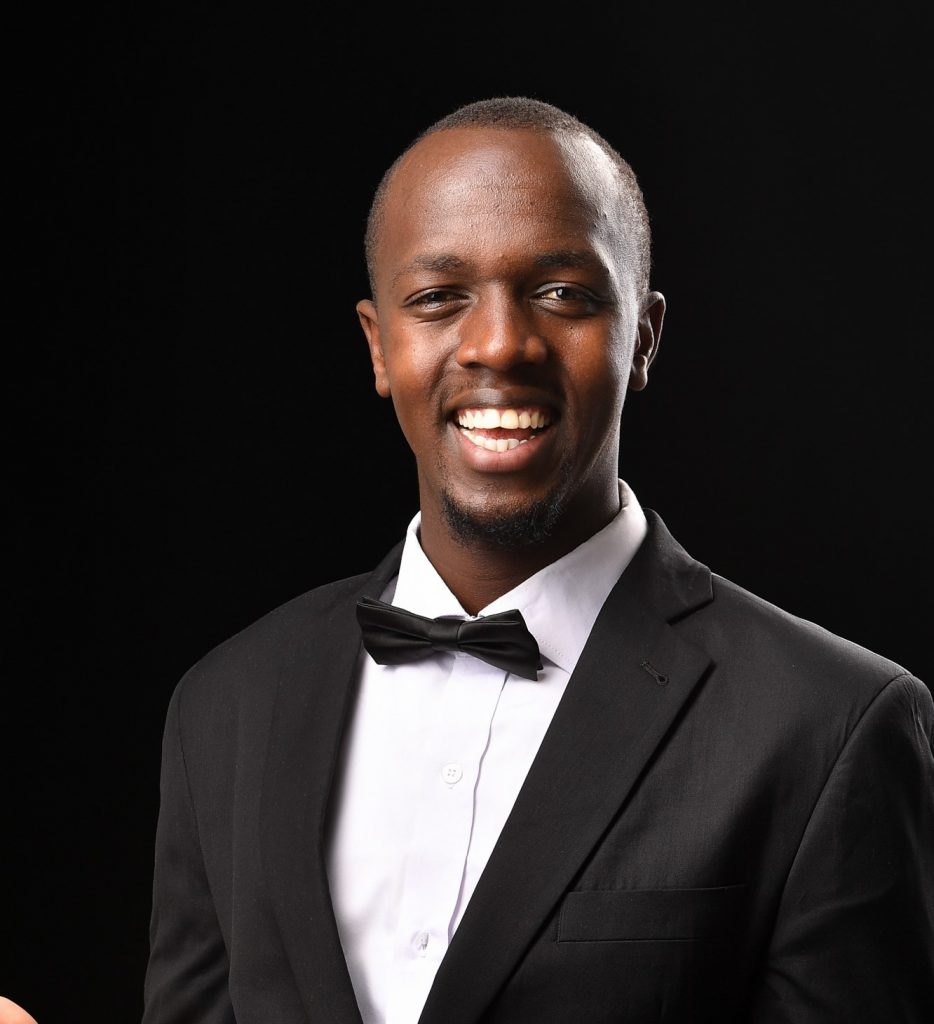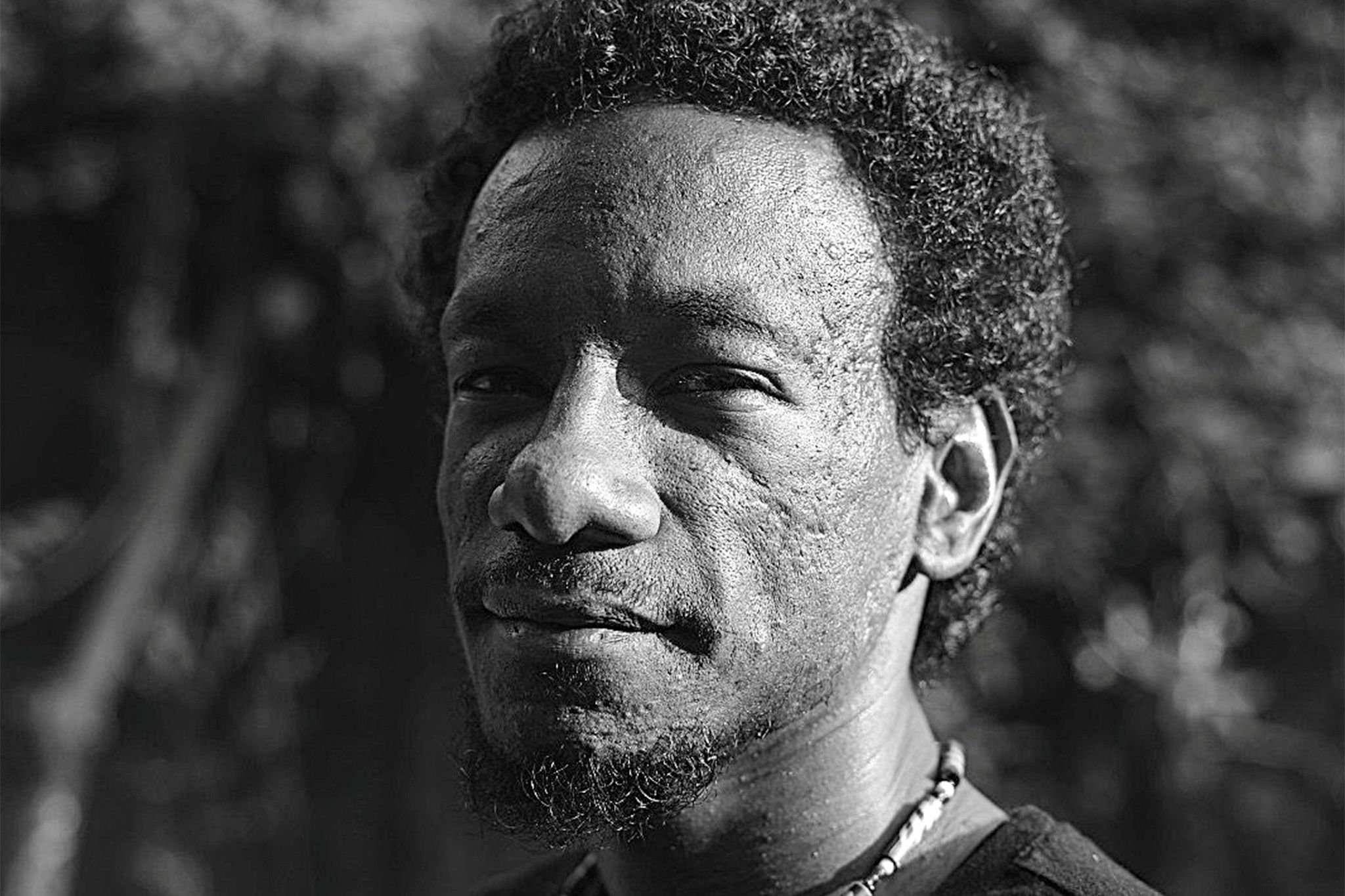I love poetry. I love how knowledge and life lessons can be coded in simple sentences and presented in an appealing style. I love how it can be specific and abstract at the same time, depending on who is reading it. Of all the pieces I have ever read, none comes close to If, a poem by Rudyard Kipling. If I would fit all life lessons into one poem, it would be this one.
Rudyard Kipling was an English journalist, short story writer, poet, and novelist who lived between 1865 and 1936. His work was so outstanding that he was awarded the Nobel Prize in Literature. He was the first English writer to receive this award and the youngest, at 41. He holds this record to date.
Kipling wrote the poem If to his son. He was teaching him what it meant to a man. The poem is a series of conditional statements that forces you to really contemplate life. In the end, he finishes by saying that if you can be able to fulfil all that has been outlined in the poem, “yours is the earth and everything in it, and which is more, you will be a man, my son.’’
When I first read the poem, these last two statements riveted me. First, "yours is the earth and everything in it.’’ This is undeniably an unattainable promise. It calls you to question abundance; can you really have the earth and everything in it? As we shall see while dissecting the poem, it is indeed a tall order, but it is possible.
Secondly, "you will be a man, my son.’’ I am in my mid-twenties and what that means is a question that is constantly on my mind. Kipling is making a promise that if I will do as he writes, I will be a man. Upon meditating heavily on the poem, being a man is not about masculinity, but being a decent human being. Being a man is living the full potential of what being human is.
I must admit, the poem is demanding and I might not be very accurate with my interpretation, but so far, this is what I have learned from the poem.
Useful to note, also, is that every scenario created in a stanza, is answered by the last two statements;
Yours is the Earth and everything that’s in it,
And—which is more—you’ll be a Man, my son!
Stanza 1
If you can keep your head when all about you are losing theirs and blaming it on you,
If you can trust yourself when all men doubt you, but make allowance for their doubting too;
If you can wait and not be tired by waiting, or being lied about, don’t deal in lies,
Or being hated, don’t give way to hating, and yet don’t look too good, nor talk too wise:
The first stanza opens up the bouquet of lessons campaigning for composure, self-belief, patience, virtue, and hate (the lack of it). Composure is essential in life. Living life while centred means you will not be absorbed in the daily chaos of life; you will retain a clear vision of what your life ought to be. Once you are composed, you earn trust for yourself in an objective manner; your self-belief does not turn to ignorance. Thirdly, patience, the test of time.
How long are you willing to wait? Because it is in the waiting that you meet with lies; lies that seem too good to be true. For example, if you are approached with get-rich-quick schemes, will you deal in the lies? It is also in the waiting that you will make enemies, those that feel you have neglected them or those that will hate you for being true to yourself. Will you give way to hating?
Lastly, even after being composed, trusting yourself, being patient, and choosing not to take part in the lies or the hate, you do not think of yourself as too good or too wise.
Clearly, with just the first stanza you can tell that fulfilling the stipulations of this poem is not easy. And it goes deeper.
Stanza 2
If you can dream—and not make dreams your master; If you can think—and not make thoughts your aim;
If you can meet with Triumph and Disaster and treat those two impostors just the same;
If you can bear to hear the truth you’ve spoken twisted by knaves to make a trap for fools,
Or watch the things you gave your life to, broken, and stoop and build ’em up with worn-out tools:
In this stanza, the writer talks about dreams, thoughts, truth, and achievements. Interestingly, Kipling, in the second line in this stanza, refers to Triumph and Disaster as imposters. Today's equivalents would be success and failure. He points out that both are imposters. This is why he asks if you can dream and not make dreams your master, or think and not make thoughts your aim. This means that you must dream, but not daydream. That you actually put in the work rather than being obsessed with your dreams. You think but never get lost in your thoughts. You think objectively. You address real issues.
He segues into truth in his third line and takes you back to an issue similar to the one in stanza one. If you can hear the truth you’ve spoken being twisted by knaves to make a trap for fools. It's a condition; something that if you can do, yours is the earth and everything in it, and which is more, you will be a man.
Finally, he puts forth another condition which I have been unable to figure out; Or watch the things you gave your life to, broken, and stoop and build ’em up with worn-out tools. But as if this is not enough, in the third paragraph he intensifies this reflection.
Stanza 3
If you can make one heap of all your winnings and risk it on one turn of pitch-and-toss,
And lose, and start again at your beginnings and never breathe a word about your loss;
If you can force your heart and nerve and sinew to serve your turn long after they are gone,
And so hold on when there is nothing in you except the ‘Will’ which says to them: ‘Hold on!’
He continues with the theme in the last line of stanza 2 and asks whether you can gamble all your winnings in one turn of pitch and toss, and lose, and restart the whole process without breathing a word about your loss. These reflections lead you to ask questions concerning your relationship with achievement and loss. Are you your wealth? Are you your job title? Are you your family? If you lost all these things what will be of you. I think these are questions that need deep thought and might be the doorway to life perspective transformation.
In the same stanza, he then switches gears and goes after resilience. He creates a scenario where you are done for. You are exhausted and you have nothing left within you, except the will that tells you ‘hold on.’ Such moments are not common, but when they come, they are life-defining. The conclusion of all this reflection is housed in the last stanza.
Stanza 4
If you can talk with crowds and keep your virtue, or walk with Kings nor lose the common touch,
If neither foes nor loving friends can hurt you, if all men count with you, but none too much;
If you can fill the unforgiving minute with sixty seconds’ worth of distance run,
Yours is the Earth and everything that’s in it, and—which is more—you’ll be a Man, my son!
In this last stanza, Kipling circles back and remind us of composure, self-awareness, and presence. Having influence over the masses and talking with crowds can stroke your ego, causing you to divert from your virtuous self. There is an argument suggested that Hitler was as destructive as he was because he was held to God status by his followers, who were in millions. This forces me to think twice about influence. Ask yourself, if you were Hitler, as radical as he was, and you found millions of supporters who were willing to go to such extents for you, would you be able to snap yourself out of it and sober up? The same thing happens when you walk with Kings. You forget the cry of the people. As a result, to some who are removed from reality, the debate about inequality, racism, and favouritism never makes sense to them.
If 'neither friends nor enemies can hurt you' is a statement that would make you think of being cocooned. This statement, however, speaks of intentions. It speaks to having the purest of intentions with both friends and enemies and leading your life in a manner that is true to you. This way, no one can attack or harm you in any way. It also puts you in a position that you appreciate everybody, and acknowledge them, but none to the expense of your own self.
The second last line illuminates the idea of presence; the ability to be present and soak in life’s experiences to the brim. Filling every minute with sixty seconds worth of distance run is a lot to ask, at times we’d rather forget some things and just glide through life. In the moment, it seems safe, but every action has a consequence. It might not be immediate but it will surely come. Jordan Peterson puts it well when he says; you can never bend reality because sooner or later it will snap back at the most unexpected time. Therefore, being present allows you to make decisions whose consequences up your odds of a better life.
[bctt tweet="You can never bend reality because sooner or later it will snap back at the most unexpected time" username="QaziniKenya"]
The last line of the poem carries two very big promises. If you heed the lessons in the poem, then, yours is the earth and everything in it, and what’s more, you will be the ultimate human being.
As I read this poem, I remembered the teaching of the New Testament (For non-Christians, please bear with the reference) through the life of Jesus Christ. Everything that the poem speaks of is how to be Jesus. Since being Jesus is impossible, you might be tempted to throw away the poem and its demanding life lessons. But I think this poem serves as the beacon of where perfection is. Our dreamland. Our heaven. Hence as much as we would never get there, we should strive on a daily basis to partake in the journey towards our best life.
Life is the journey, not the destination.





